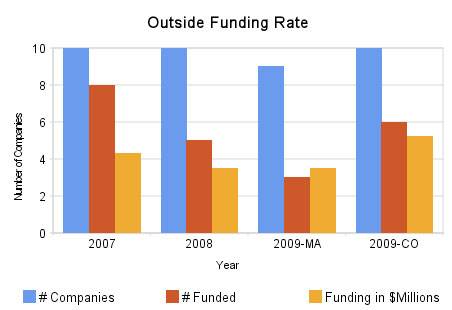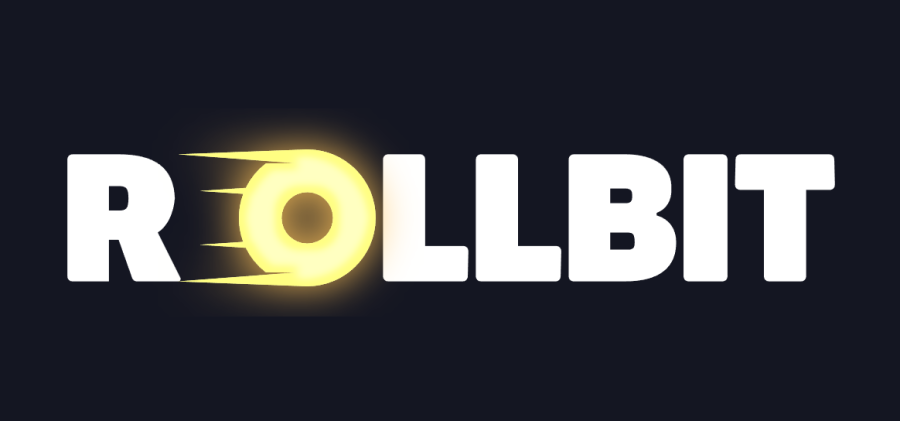TechStars is an early stage venture fund based in Boulder, Colorado. ReadWriteWeb was given an early peek at historical results data on TechStars companies, which the organization is about to release. The data shows acquisition and failure rates, as well as how many of the TechStar companies have gone on to receive angel or venture funding.

TechStars reports that nearly 6 of 10 of their companies have historically gone on to receive outside angel or venture funding (not including friends or family). Five other companies reported that they are now profitable without outside funding, so overall 27 of 39 (69.23%) TechStars companies have either raised outside funding after the program or bootstrapped to profitability.
Of the 39 TechStars companies analyzed, 29 are still active (74.36%), 4 were acquired for > $2M (10.26%), 1 was acquired for < $2M (2.56%), and 4 failed (10.26%). One of the companies is listed as “other” (2.56%), but there is no explanation of what that means.

The data that TechStars reports is similar to a recent study by the blog Awesome Zombie, which did an analysis in December of similar early stage venture fund Y-Combinator. Awesome Zombie found data on 145 Y-Combinator companies from a variety of non-official sources, such as CrunchBase, news articles and discussions on Hacker News. It found that 82 Y-Combinator companies are active (24 having received further public investment rounds), 33 failed, 14 were acquired. The rest were stealth, unknown or “other” (e.g. merger or private investment).
The TechStars numbers are very encouraging for early stage companies. Nearly 70% of TechStars companies have raised outside funding or have become profitable on their own, which is comparatively better than the more high-profile Y-Combinator (with the proviso that the Y-Combinator data was unofficial and gathered by a third party).
TechStars attributes this success rate to its “mentorship driven approach.” The program also only funds 10 companies per batch, which TechStars says is due to its focus on quality over quantity.

TechStars CEO David Cohen told ReadWriteWeb, “I think that the programs that will ultimately prove to be most powerful for their local entrepreneurial communities are those which follow the mentorship+community formula that we pioneered. It’s powerful in so many ways when you get dozens of mentors involved in very hands on, meaningful ways with each company from day one of the program.”
I happened to be in Boulder on Wednesday, where Elyssa Pallai and I met with a group of TechStars companies for lunch. The knowledge and passion for web technology exhibited by each person at the lunch impressed me a lot. If this group of young entrepreneurs were representative of the Boulder startup scene, then it’s a city with plenty of vitality and smarts.
If you’re a U.S. company interested in applying to TechStars, applications for their Boulder program are open for a few more weeks. TechStars also has a new Seattle program starting soon.





















